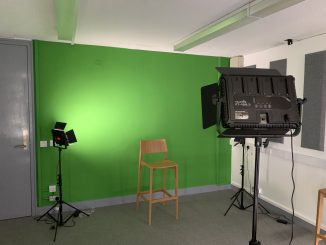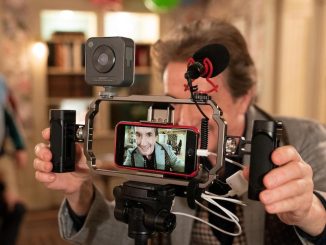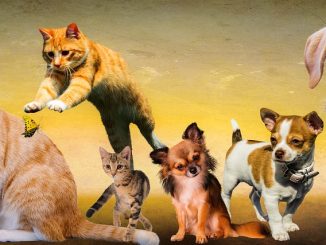
Self-service recording studios at Warwick
This article is about new facilities at Warwick that make it easy for us to record high quality video presentations, interviews, and discussions. There are also plans to add podcasting facilities to these rooms.








